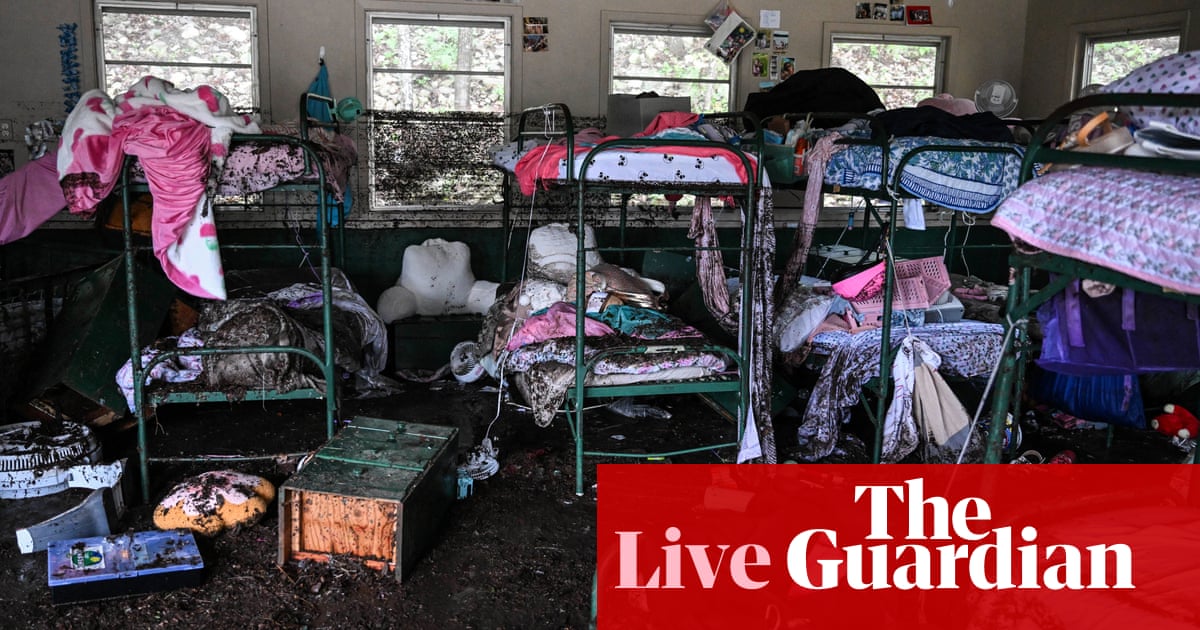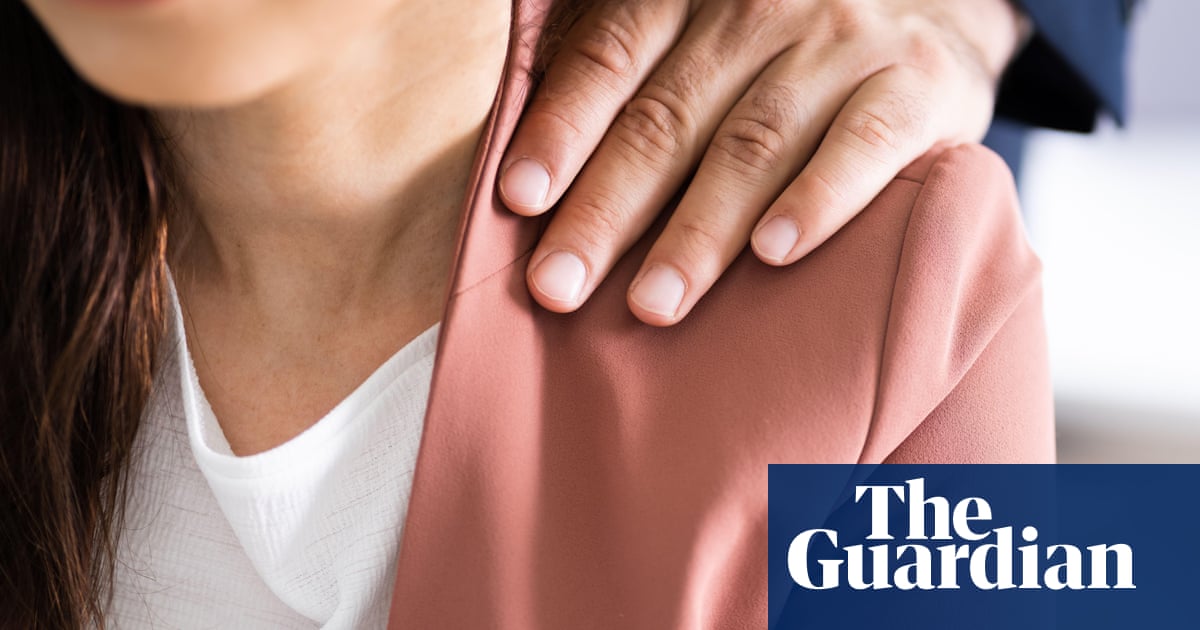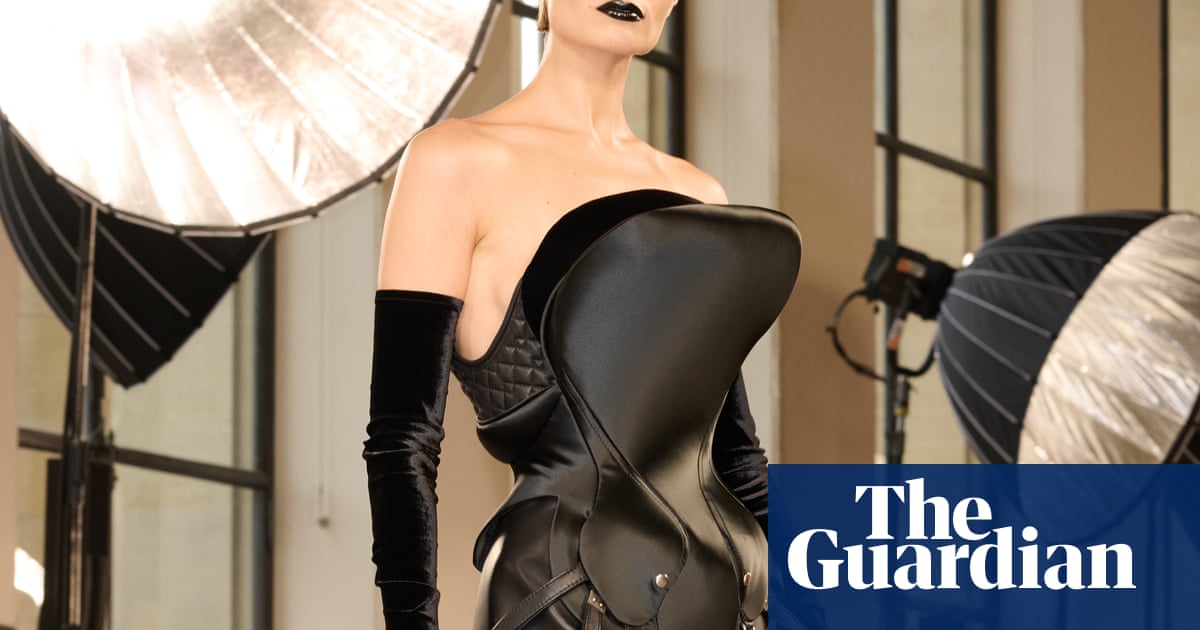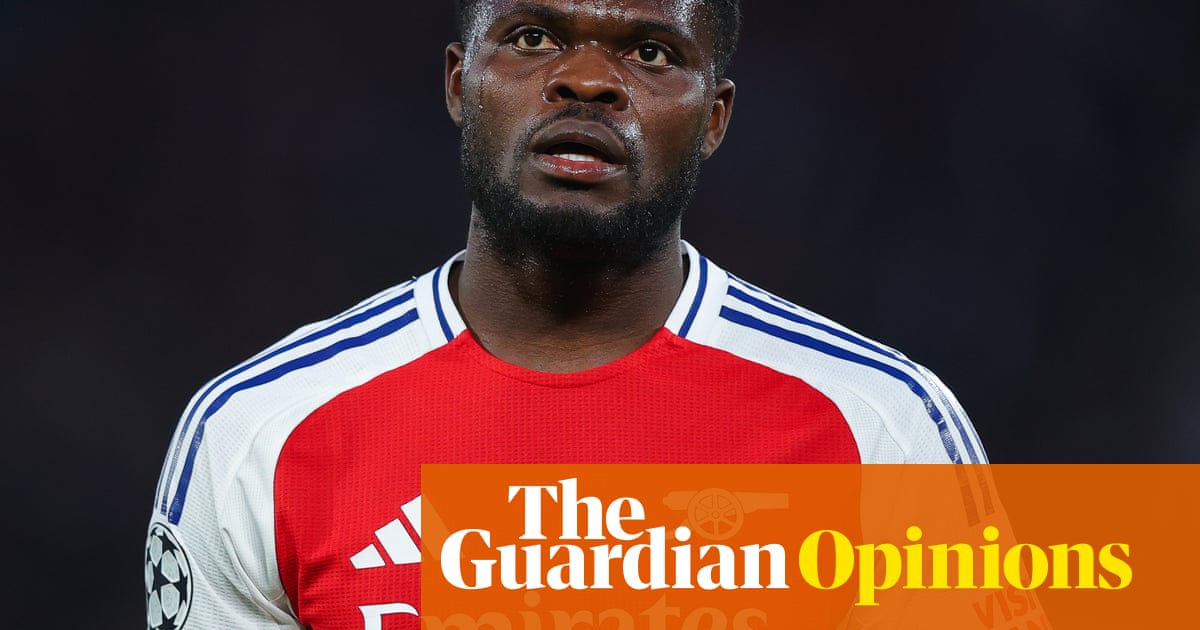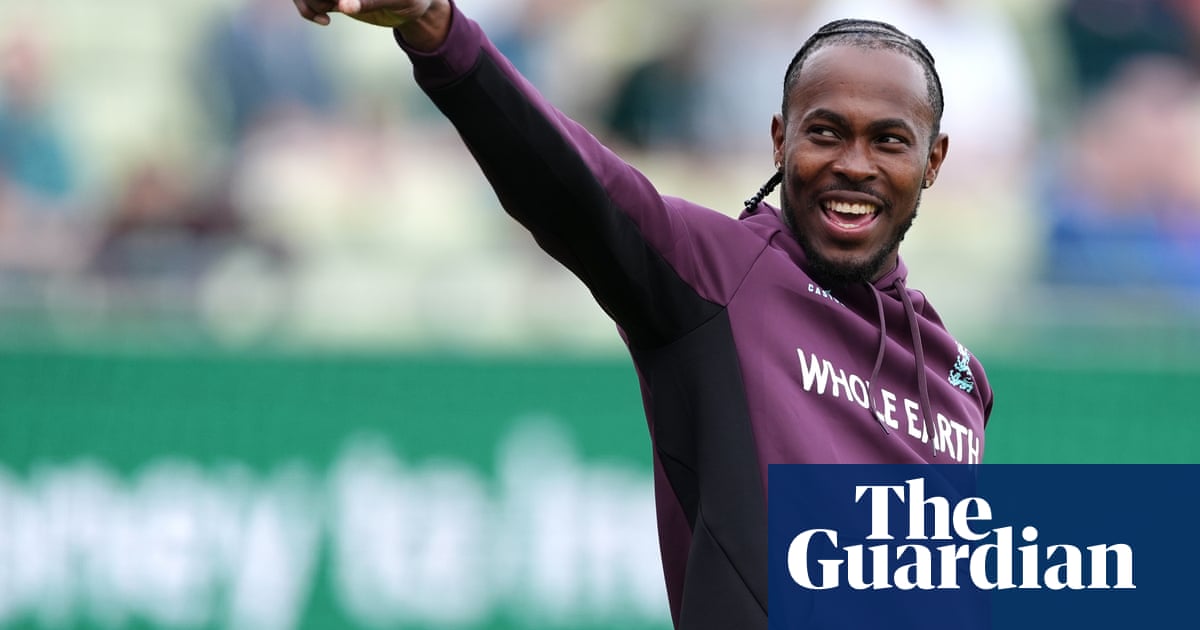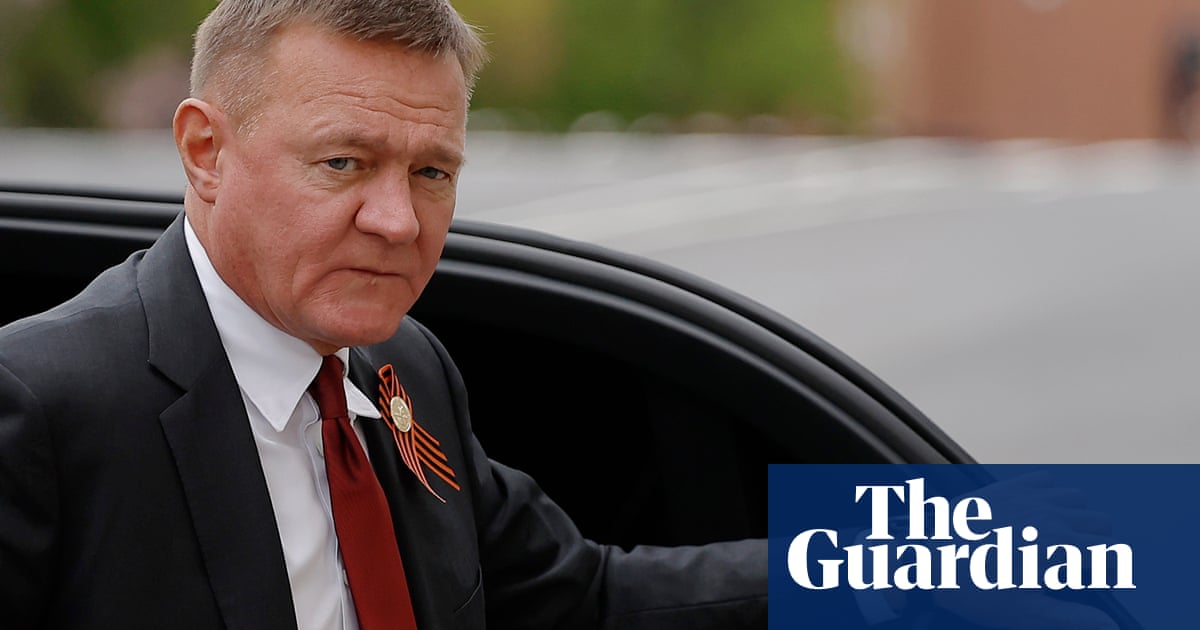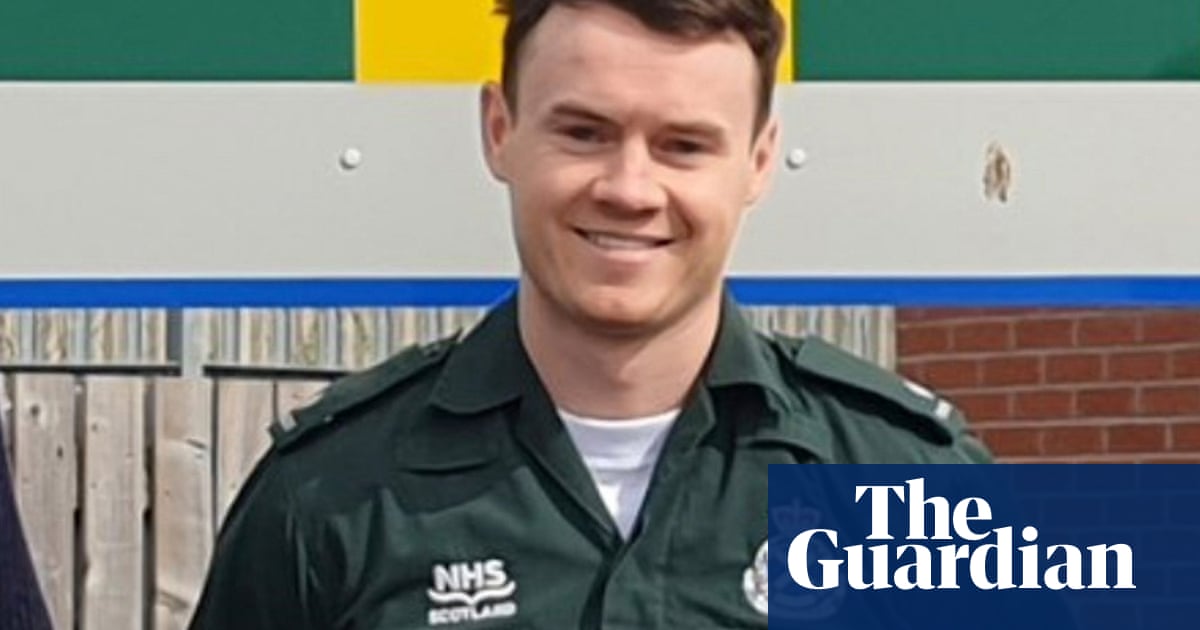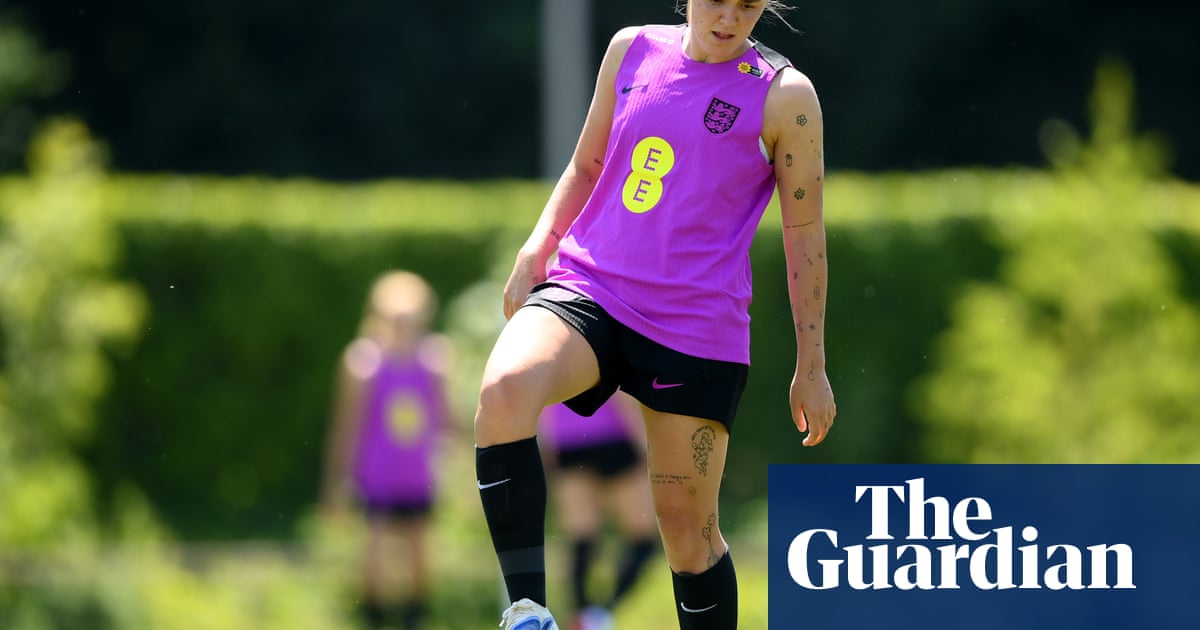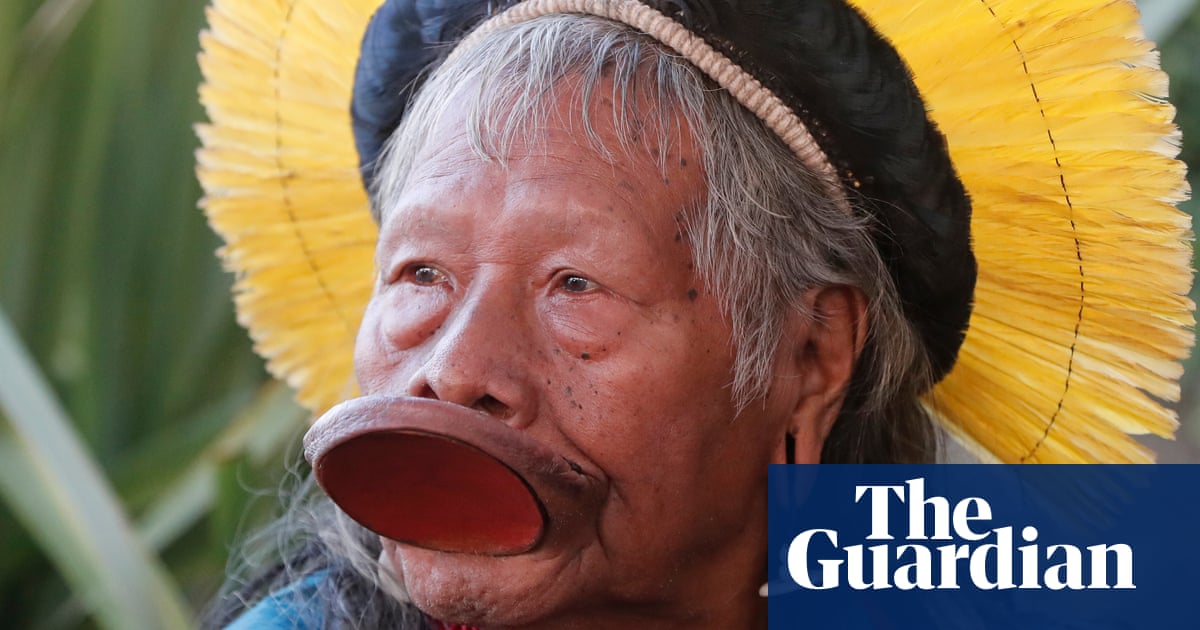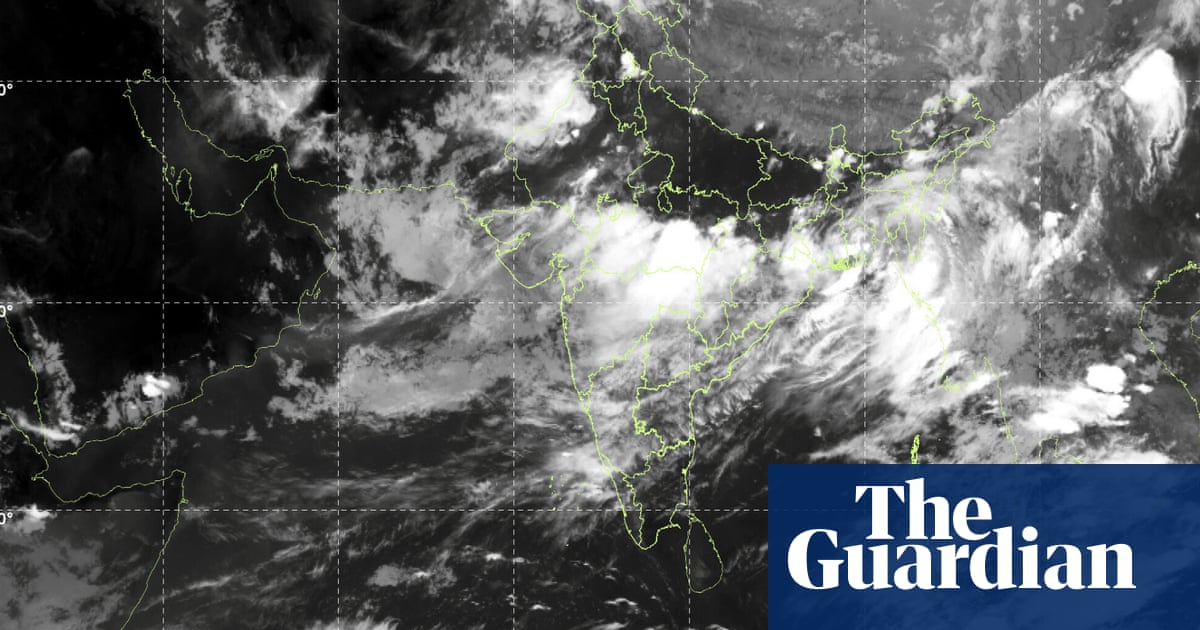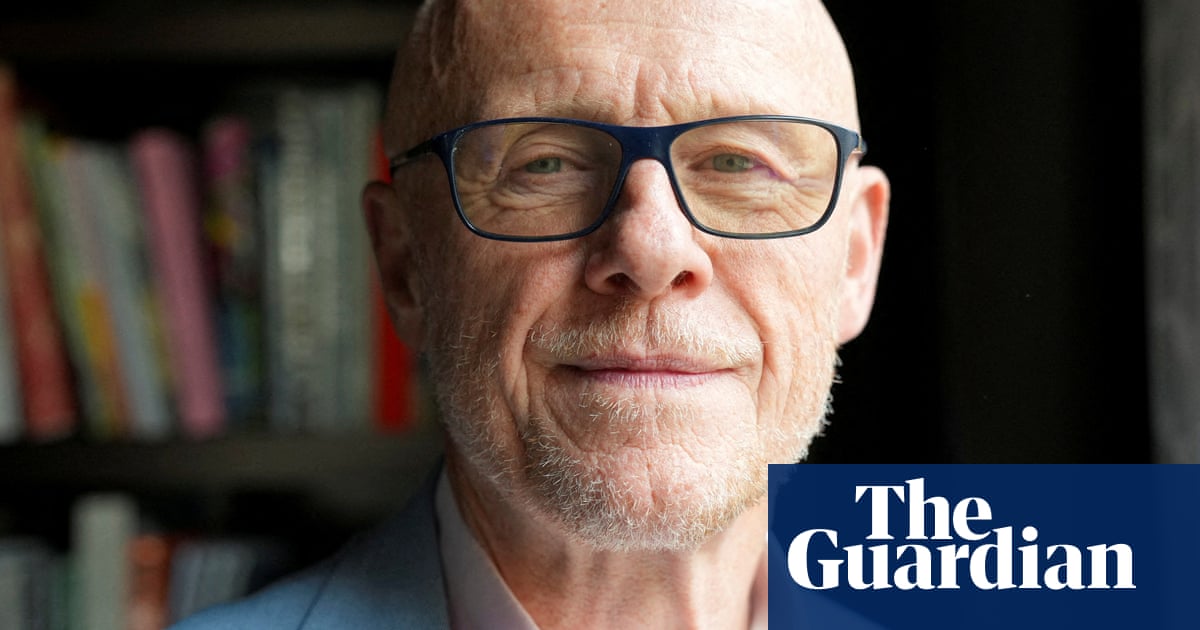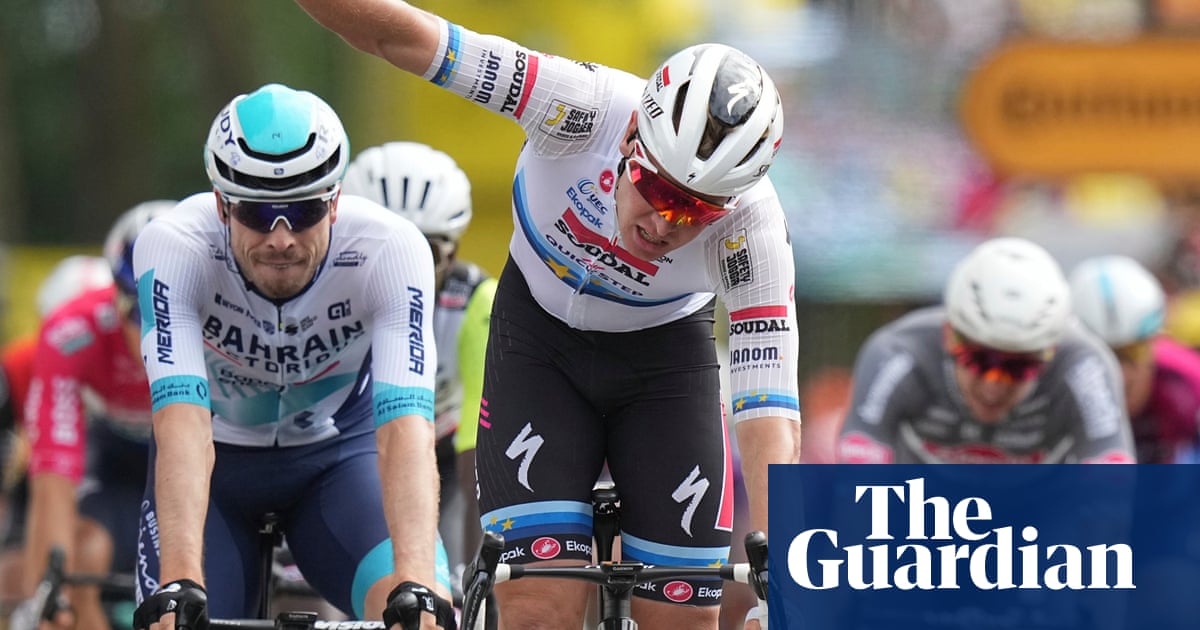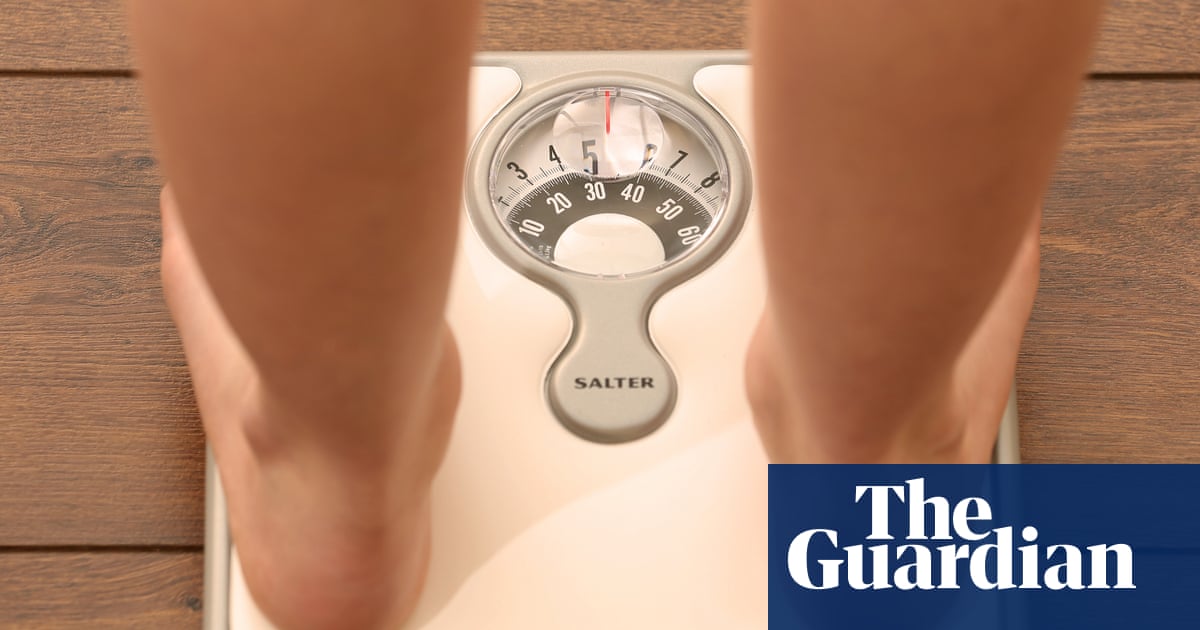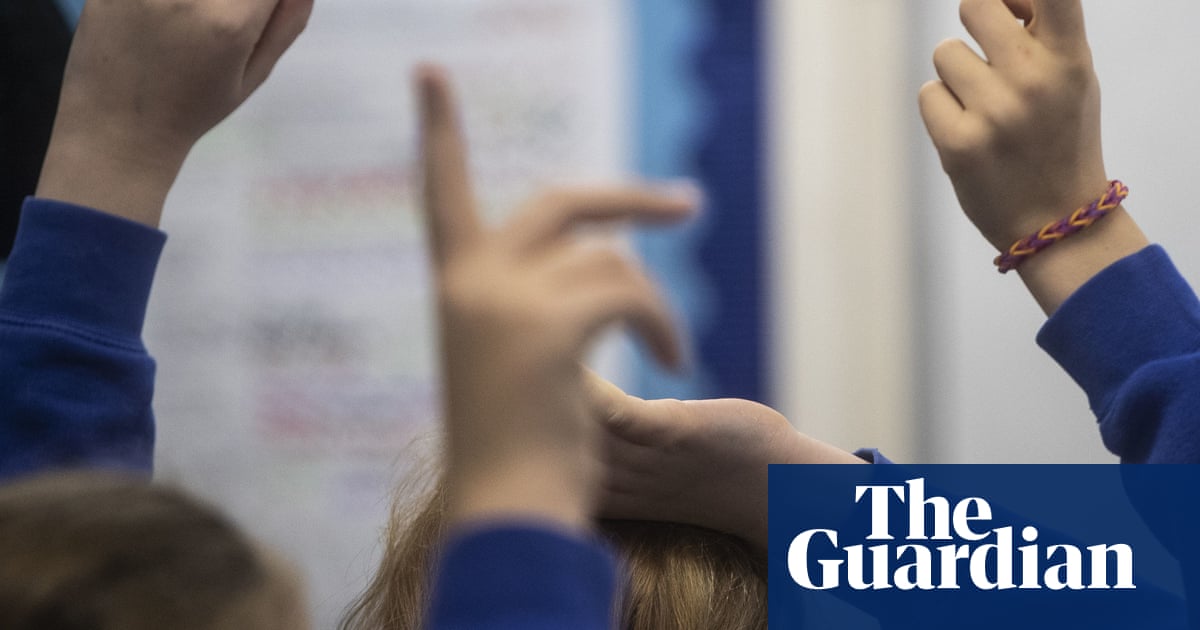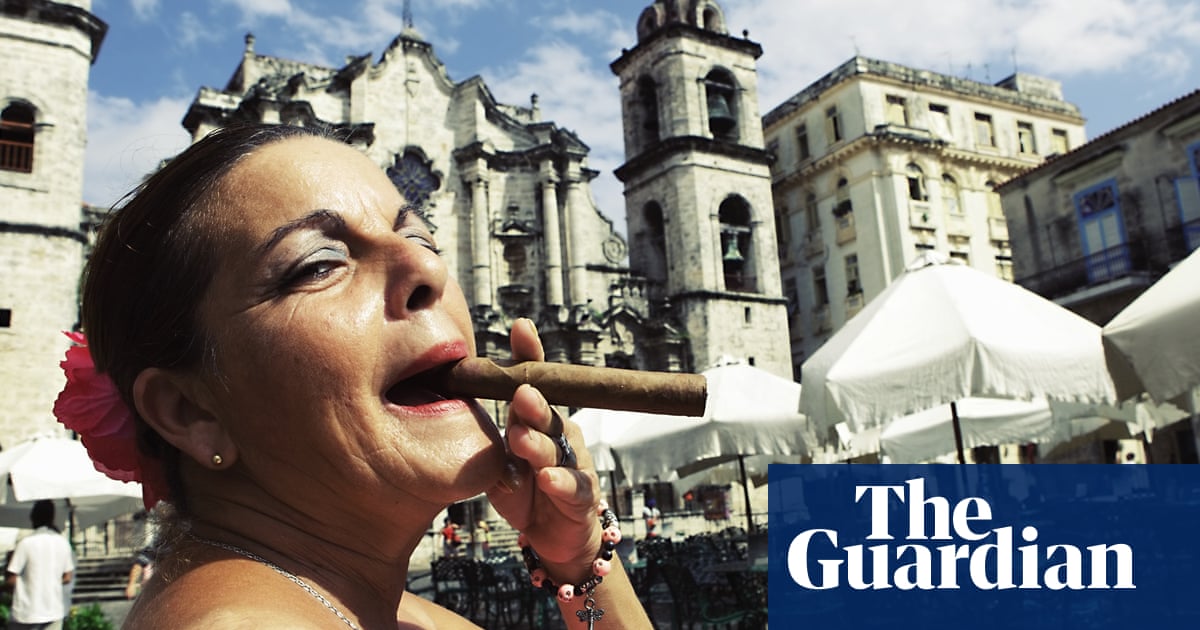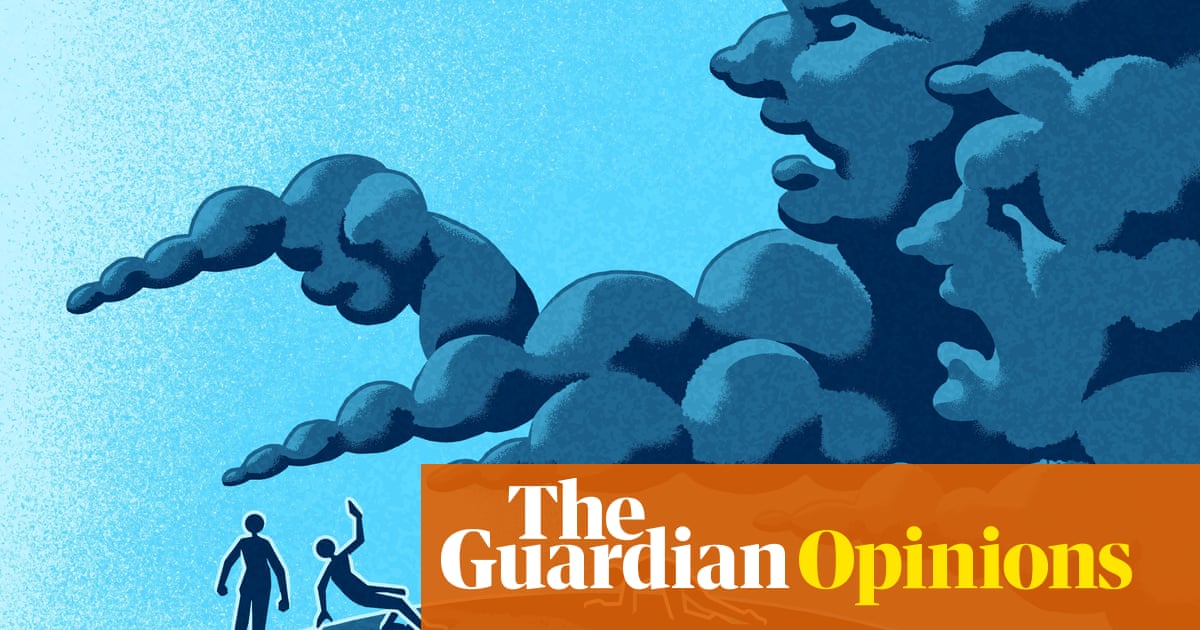Season one of The Last of Us was a lot. It must have surprised some viewers to find that an adaptation of a video game was among the best dramas of 2023 – although it wasn’t too unexpected for anyone who noticed that it was co-created by Craig Mazin, writer of the magnificent Chernobyl. More to the point, The Last of Us was relentless, constantly shifting and weaving to deliver devastation and heartbreak in brutal new ways. On its return for a second season, it has earned the right to take a breath and slow down.
A quick recap. A fungus-based pandemic has splintered civilisation as we know it, turning the millions of “infected” into groaning, lurching sub-humans who are not undead but are still monsters whose only impulse is to bite the healthy. Joel (Pedro Pascal), a man whose 14-year-old daughter died at the start of the outbreak 20 years ago, has travelled from Massachusetts to Wyoming with Ellie (Bella Ramsey), who was also 14 when they met and is one of the very few who are immune to the fungal lurgy. Season one’s cross-country odyssey ended with the conclusion of Joel’s quest to deliver Ellie to a resistance group who were working on a cure; when he realised the procedure would involve experimenting on Ellie’s brain, sacrificing her for the good of humanity, he killed everyone in the building to save his adopted child.
Five years later we are with Joel and Ellie in the walled city of Jackson, Wyoming, where the snow is crisp, the houses have a comforting frontier-chic vibe and the infected are merely dots on the horizon, shot at by Ellie with a long-range rifle as part of the training that will make her a responsible adult. But aside from some roots found inside an old clay pipe running through the town – be careful with those, guys! – the only looming threat for Joel is Ellie herself, or more specifically her moods.

Ellie is difficult in a way that can’t fully be explained by the collapse of society and the conversion of her future into nothing more than grim survival. The real problem is that she is 19 years old. Joel has the grey jowls and weary self-pity of a single dad who is reaching the end of some taxing teenage years and is facing the prospect of being left alone, befuddled and, as he sees it, unthanked, with nothing to show for years of selfless toil.
While we wait for the infected to attack, not to mention the arrival of Kaitlyn Dever as the vengeful daughter of one of the scientists Joel selfishly gunned down, we are sustained by these family dynamics. The series has always made the most of being set in a world where progress was halted before the digital age could begin, and now its portrait of door-slamming teen rebellion has Ellie living separately from Joel in his garage, blasting early Nirvana deep cuts on cassette, fiddling with pistols and drafting unwise schemes.
Joel, meanwhile, is in therapy, grumbling to Gail, the town shrink (Catherine O’Hara, hurrah), in a session that takes a turn when she mentions that he killed her husband, which in the Before Times might have been a notable conflict of interest. It’s one of several issues brought up in episode one that will be fleshed out later on by season two’s tricksy temporal leaps.
after newsletter promotion
This season has a narrower scope than the first, without the standalone, digressive episodes that were some of the original run’s best. It’s all about Ellie becoming her own person, which happily means a lot more of Ramsey’s wonderfully punchy portrayal of a damaged young soul fighting for autonomy. Over the course of the season, Ellie’s wilfulness will push our patience to breaking point, almost making her unlikably annoying – when she charges towards certain death for the 20th time, it’s hard not to think grouchy old Joel might have had a point. For now, though, her refusal to be told anything by any adult is a hoot.
As Ramsey assumes the responsibility of becoming the main character, that performance is neatly offset by the introduction of Isabela Merced as Dina, Ellie’s best friend in Jackson. Popular and positive in contrast to Ellie’s cynical introspection, Dina is sympathetic to her pal’s plight as almost the only lesbian in the village, and slower than us to realise how Ellie might like the status of their relationship to change. The pair are destined to leave Jackson and make a large number of mistakes as they find their way in a hostile world. Helplessly watching them can be agony, but since The Last of Us is still such a gutsy and thoughtful rendering of humans on the edge, it’s no hardship.

 2 months ago
179
2 months ago
179
